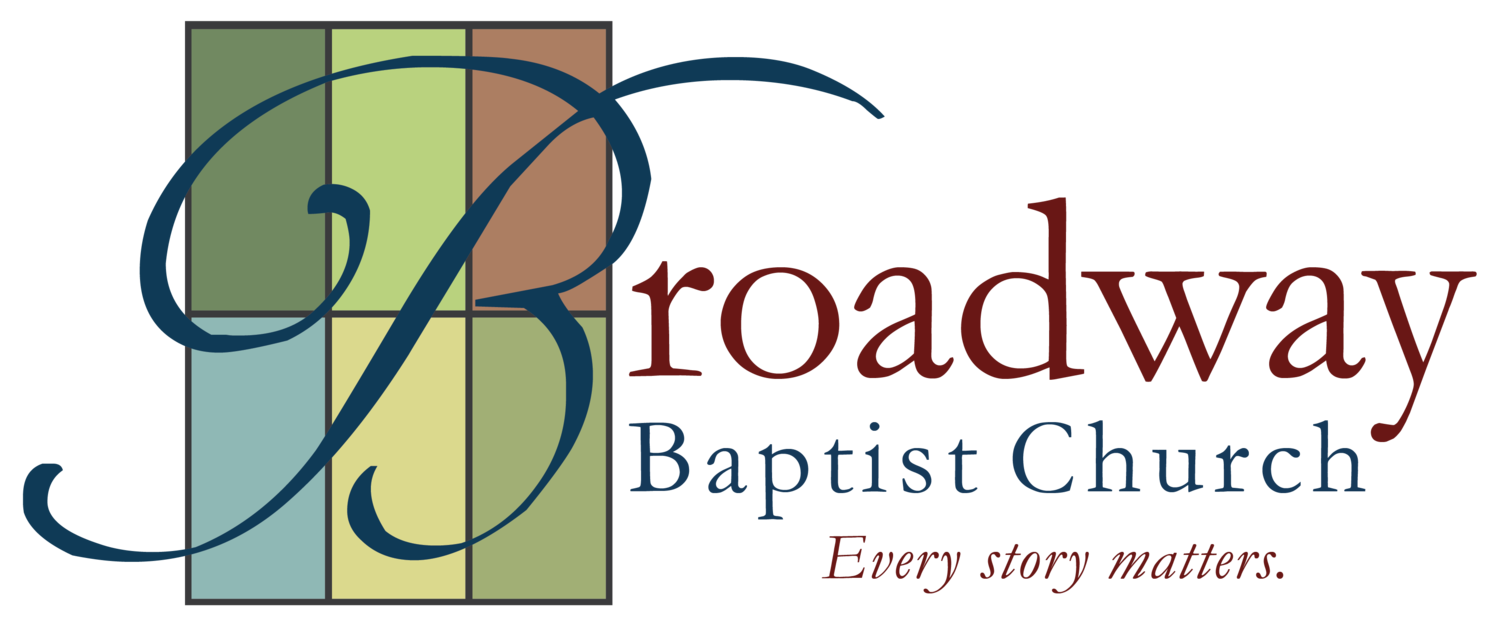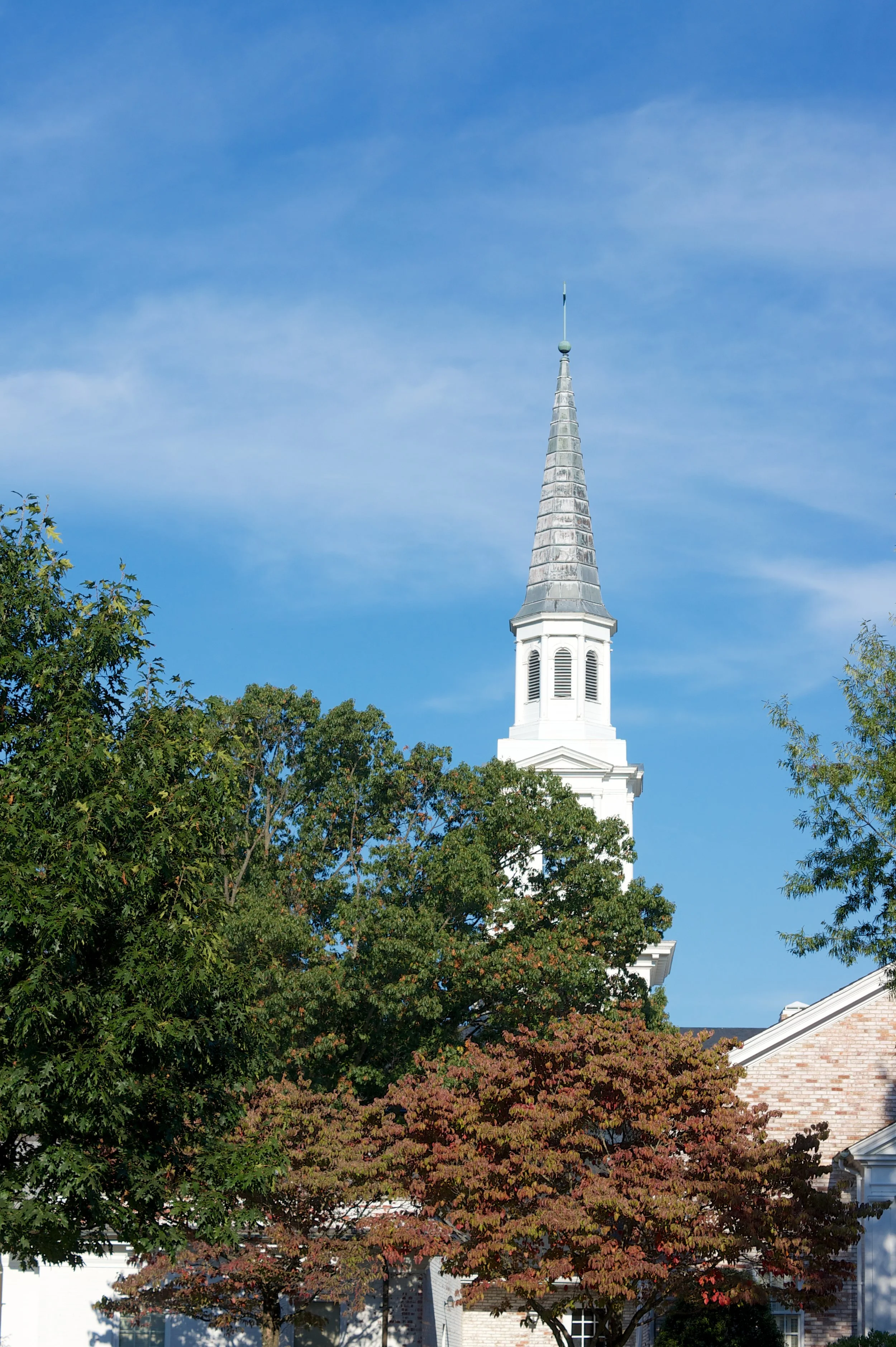Synopsis:
Joanne Cameron, “A World without Pain,” Cameron tells the story of living a life with Marsili syndrome: a genetic mutation which dulls pain and some sensory experiences. About a third of the population has some form of this mutation. Paul tells us that it is in fact our experiences of suffering produce, endurance, character, then hope. God love is proved, though, in that while we were at our weakness, Christ died for us. Christ took on the shame of a criminals death, because the powers of hate, violence, and Empire in our world could no longer tolerate the Gospel he preached and the power he shared with common folks and outcasts. Those who suffer, if they find healing, will be lead to deeper empathy and compassion for others. God does not cause suffering, but seeks help humans salvage good in our response to pain.










